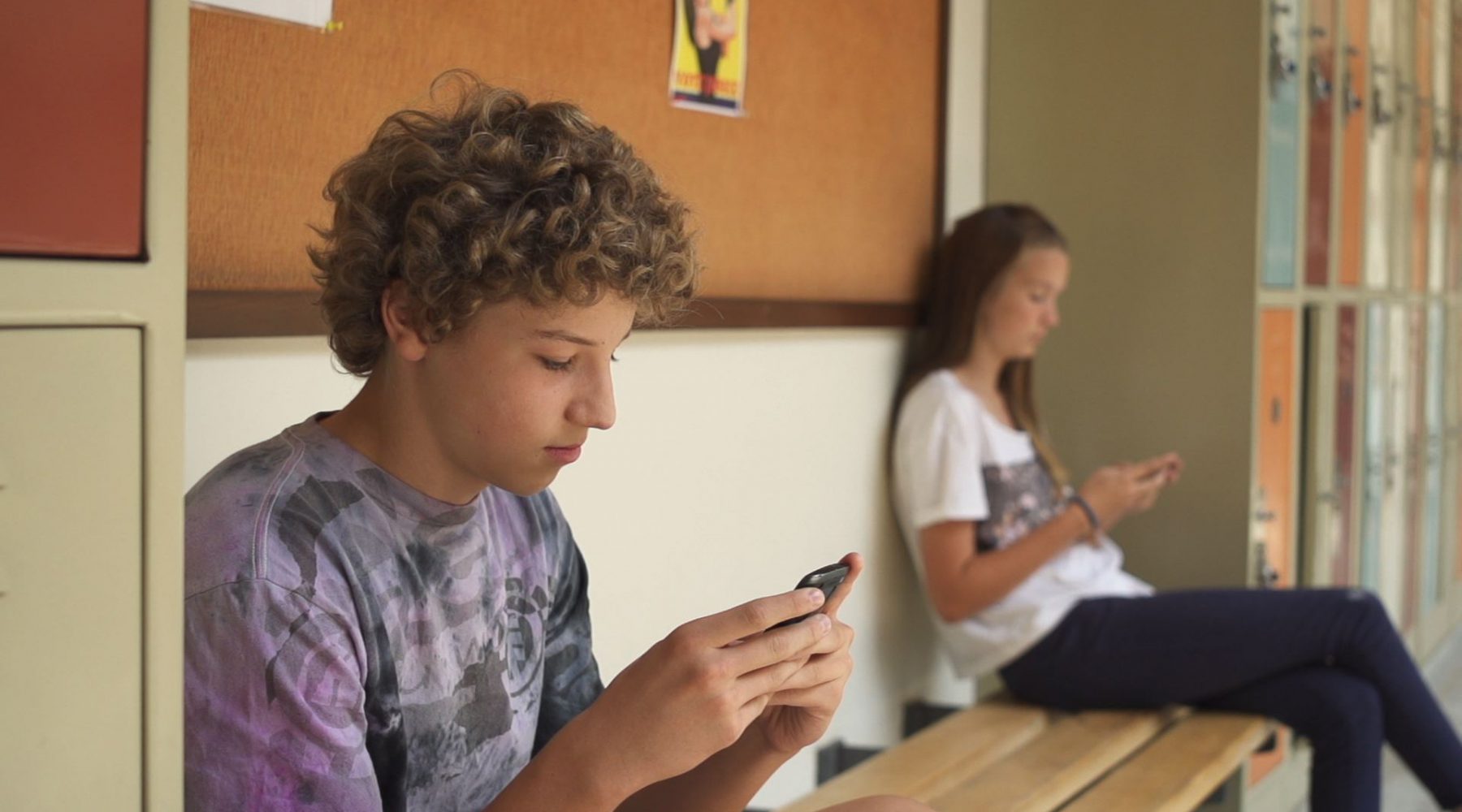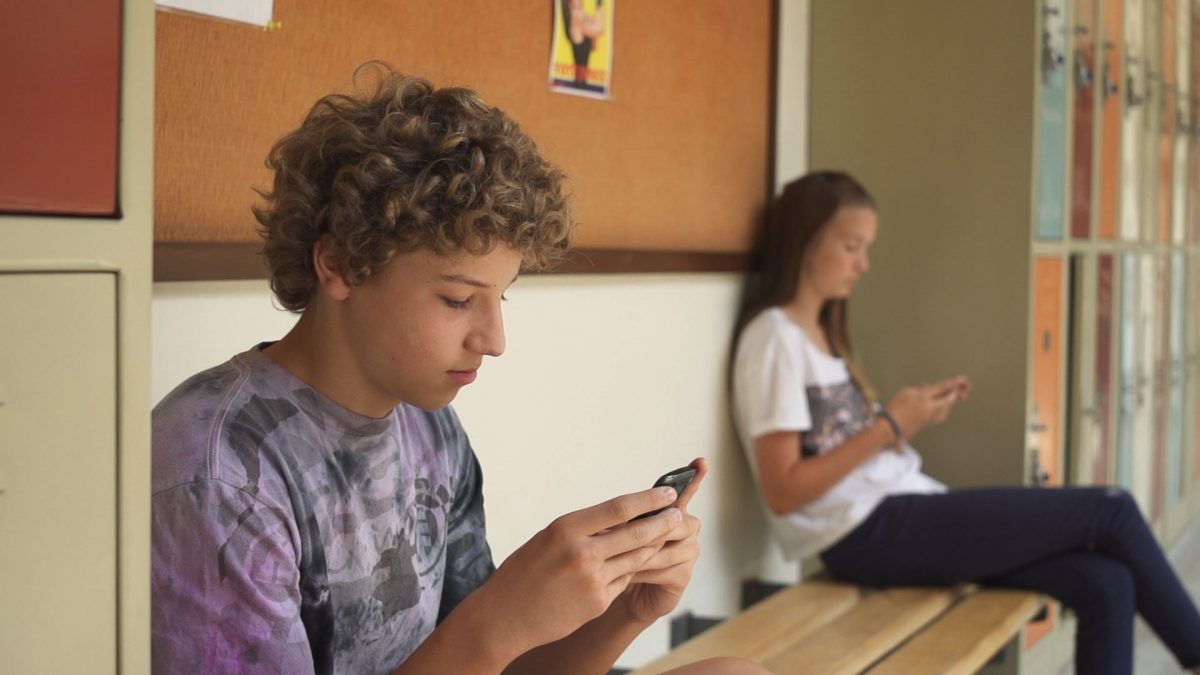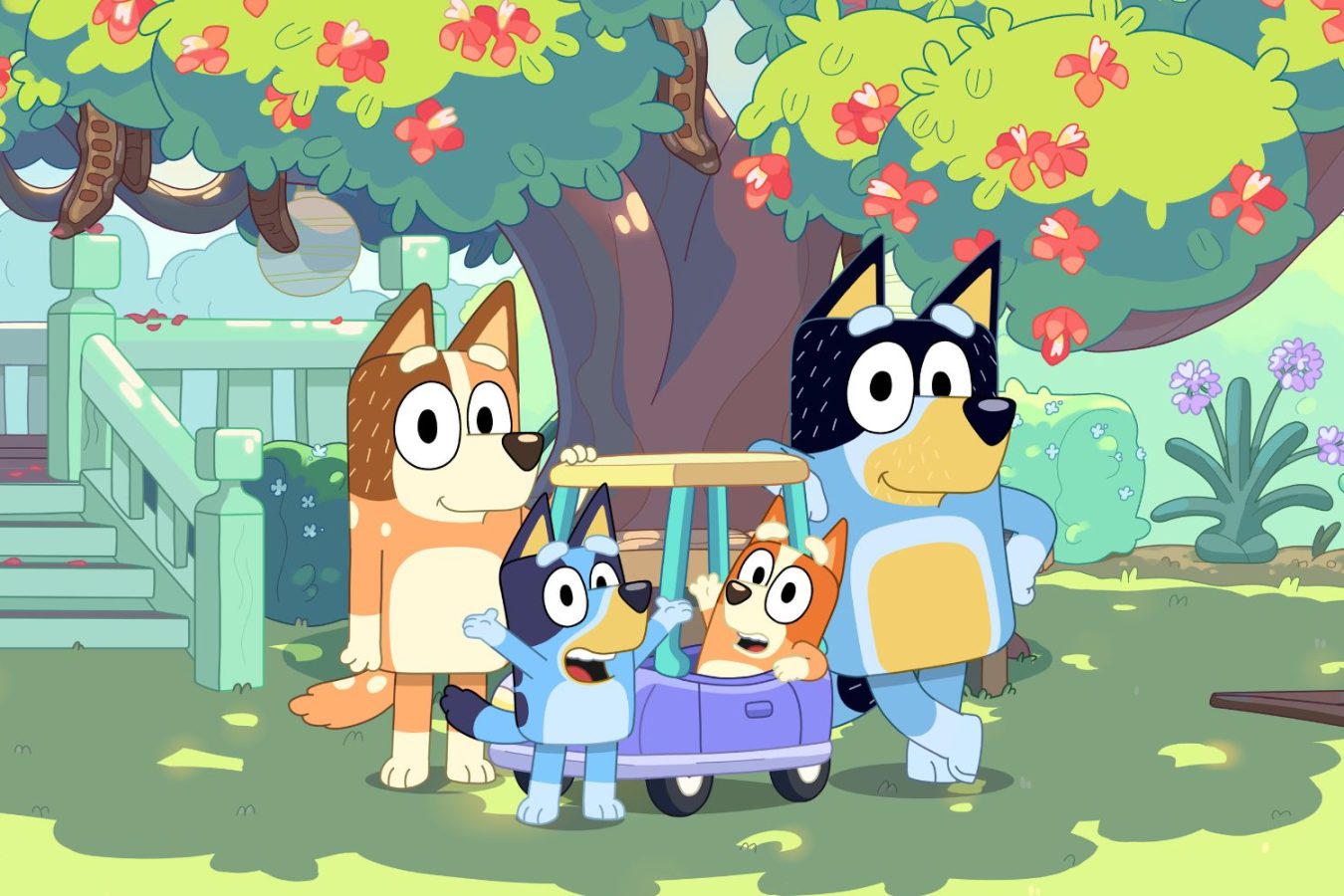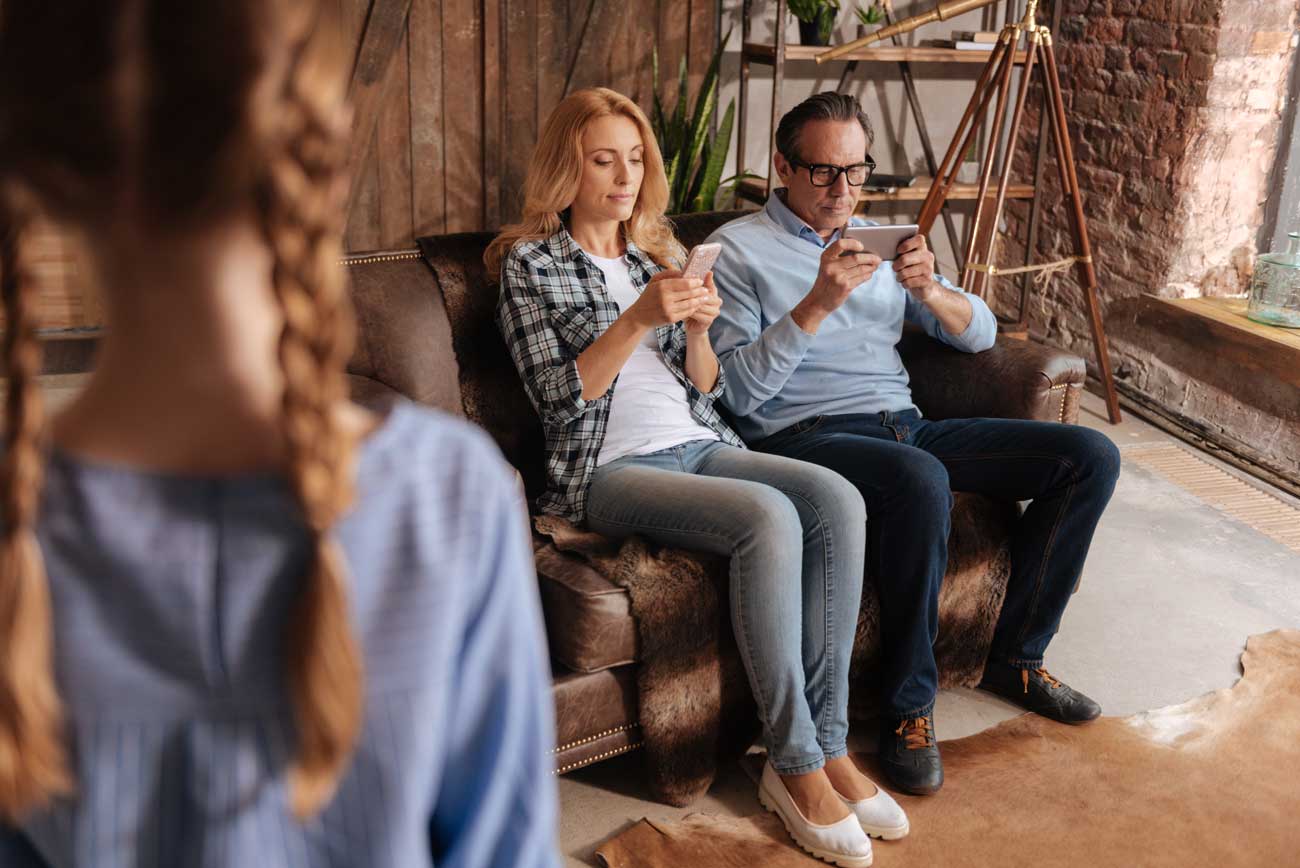
The struggle by parents to control their children's screen time is tackled in Screenagers, a documentary that's getting worldwide attention, now showing in Australia, writes Shane Green.
American doctor and filmmaker Delaney Ruston had just hosted a Melbourne screening of her documentary Screenagers, which explores the way her family grappled with finding solutions to dominance of screens in their lives.
In the audience that day were two 12-year-old girls. ‘The part in the film where the kids said that when they are together they talk about what is on their phone, not about themselves, I could really relate to,’ one of them told her later.
For Dr Ruston, that kind of response to the film is particularly gratifying. While a target audience is certainly concerned parents, the film also makes a clear connection with young people.
‘What is always so encouraging is how youth around the world relate to the kids in the film,’ says Dr Ruston.
Screenagers is getting attention around the world, as society attempts to catch up with the implications of the digital revolution and how screen time is affecting both children and adults.
Since its release at the start of 2016, the film has been seen in more than 40 countries, as Dr Ruston spreads the word on promotional tours, such as her April visit to Australia.
On those trips, she is constantly reminded of the similarity of parenting struggles.
‘The desire for more screen time is felt so intensely by youth,’ says Dr Ruston. ‘Parents all over struggle with the discomfort of trying to set and enforce rules around screen time.’
The idea for Screenagers emerged four years ago. Her daughter, Tessa, then 12, wanted her first smartphone, while her 14-year-old son Chase wanted to play more video games.
In a scenario familiar to many families, that led to frustration and tension between parents and children.
With her medical background, Dr Ruston began a deeper investigation into the health implications of too much screen time.
She discovered several risks to children’s development.
The more time children watch fast-paced shows or play interactive video games, the increased chance of attention problems, she says.
Then there is the impact of sleep problems from the blue light emitted from screens, resulting in a decrease in the release of the sleep hormone, melatonin.
Dr Ruston says that in the United States, 75 per cent of teens do not get the recommended nine hours of sleep a night. This impact on sleep patterns can lead to car accidents, mental health issues, behavior and academic issues, she says.
Dr Ruston adds that excessive screen time can be related to an increased risk of depression and anxiety and can lead to true clinical internet addiction.
In Australia, the picture is the same. Researchers from Murdoch and Griffiths universities recently reported on their world-first study of 1000 West Australian teenagers, finding that by Year 11, nearly 80 per cent of the students used their phone after lights out.
Their sleep became poorer, linked to a decline in both their ability to cope and self-esteem, and an increase depressed mood.

Screenagers focuses on Dr Ruston’s family experiences, and searches out expert views on screen use. It also includes several other stories as well.
One of the reasons behind the film’s success is the practical and personal way it deals with the issue, providing possible solutions. In one scene, young people gathering at a cafe put their phones in the middle of the table. The first to touch their phone pays the bill.
Dr Ruston and her husband have also implemented Tech Talk Tuesdays: short – and calm – family discussions about specific tech issues. She has taken the idea further, created a Tech Talk Tuesdays weekly blog. Thousands have signed up, and often she hears from many parents how it has fostered calm conversations.
It’s also important for parents to buy into the idea of limits on screen use – parents have to practice what they preach.
The documentary is now screening across Australia, with showings organised through FanForce, on online platform where people can organise screenings of films if enough people buy a ticket. (You can read details about Screenager screenings here.)
There are 77 screenings of Screenagers in the FanForce system, some of which have happened, some still to happen.
One such screening was recently organised in Moama in New South Wales, just over the border from Echuca, by children’s mental health therapist Tracey Farrell.
About 70 people attended, says Ms Farrell, most in their capacity as parents, although some had a dual role as school wellbeing officers and teachers. She’d hope to see more educators, although three schools contacted her later about hosting a screening. The feedback was very positive.
She introduced the screening by providing more information on the role of dopamine in creating ‘addiction’, and how screen use affects the development of empathy and social connection. She also discussed the impact of parenting styles on the way we have allowed screen time to infiltrate our daily lives.
‘This introduction helped put the documentary in context,’ says Ms Farrell, ‘as I felt that alone it could be too polarising, particularly after reading reviews from teenagers who felt that it was too solely directed at their age group.’
Dr Ruston notes that in her experience, the feedback from young people has been that the documentary isn’t polarising.
Ms Farrell says she is seeing more problems related to an increase in screen use. These include sleep issues, lack of attention and focus at school, and bullying.
‘I wanted parents to be informed, and provide a platform for re-thinking not only our children’s use of technology, but also our own,’ says Ms Farrell.
Dr Ruston says that her family still has struggles around screen times. She has to remind her children about the rules, and that, she says, can be uncomfortable for her.
An example is the family rule of not using mobile phones in the car.
She will pick Tessa up from dance class, and at times, when in the car, will quickly start typing on her phone. The conversation goes like this:
‘Honey, not OK.’
‘I really have to send this,’ replies Tessa.
‘You will be home in 10 minutes. You can send it then.’
‘I get a twang of feeling bad,’ says Dr Ruston. ‘But then I remind myself that all the data shows that having fair rules, and sticking by them, is what truly helps kids succeed — so I stick by my guns.
‘The cool thing,’ she adds, ‘is that later that same day Tessa will often say, “Hey, sorry I was trying to be on my phone. Thanks for reminding me.”’
You can find out more about Screenagers at the Screenagers website.
Like this post? Please share using the buttons on this page.
Subscribe to The Parents Website


